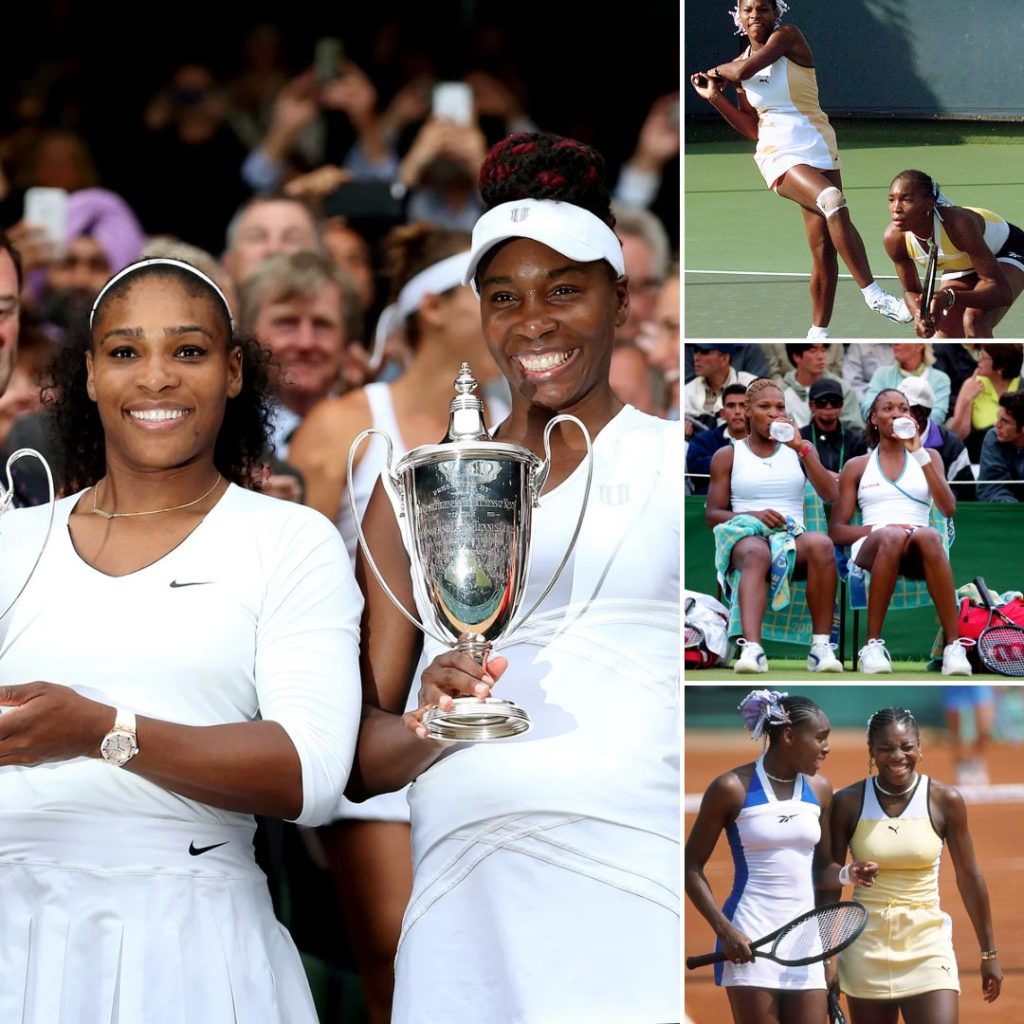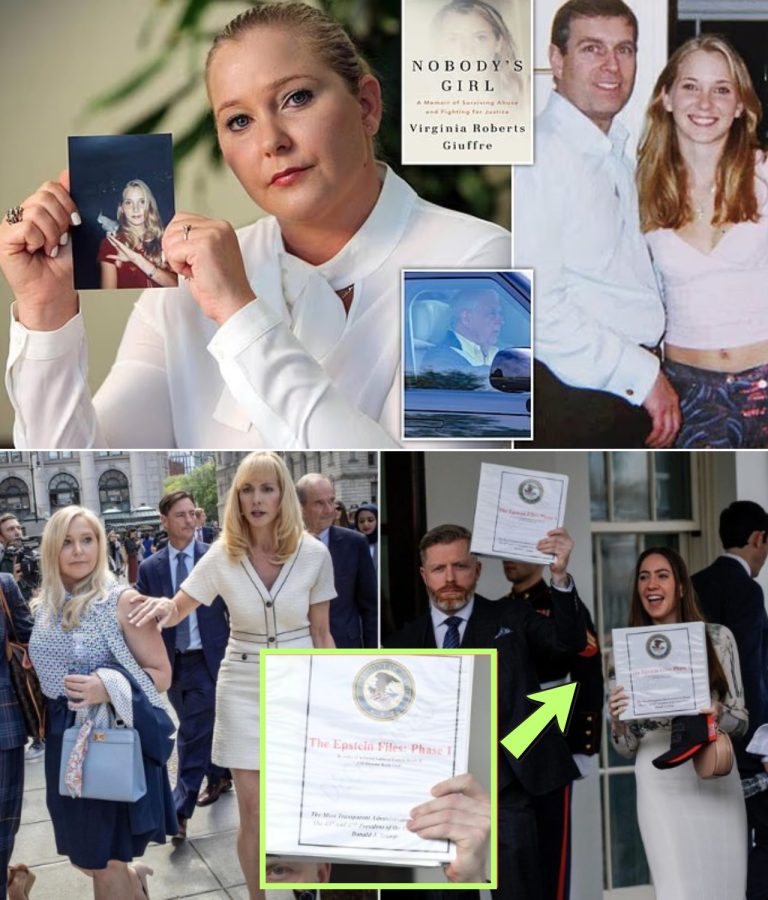In Miami in 1999, Venus and Serena Williams announced their arrival, giving us a glimpse of the sport’s future. Decades later, the sisters’ story is still under appreciated.
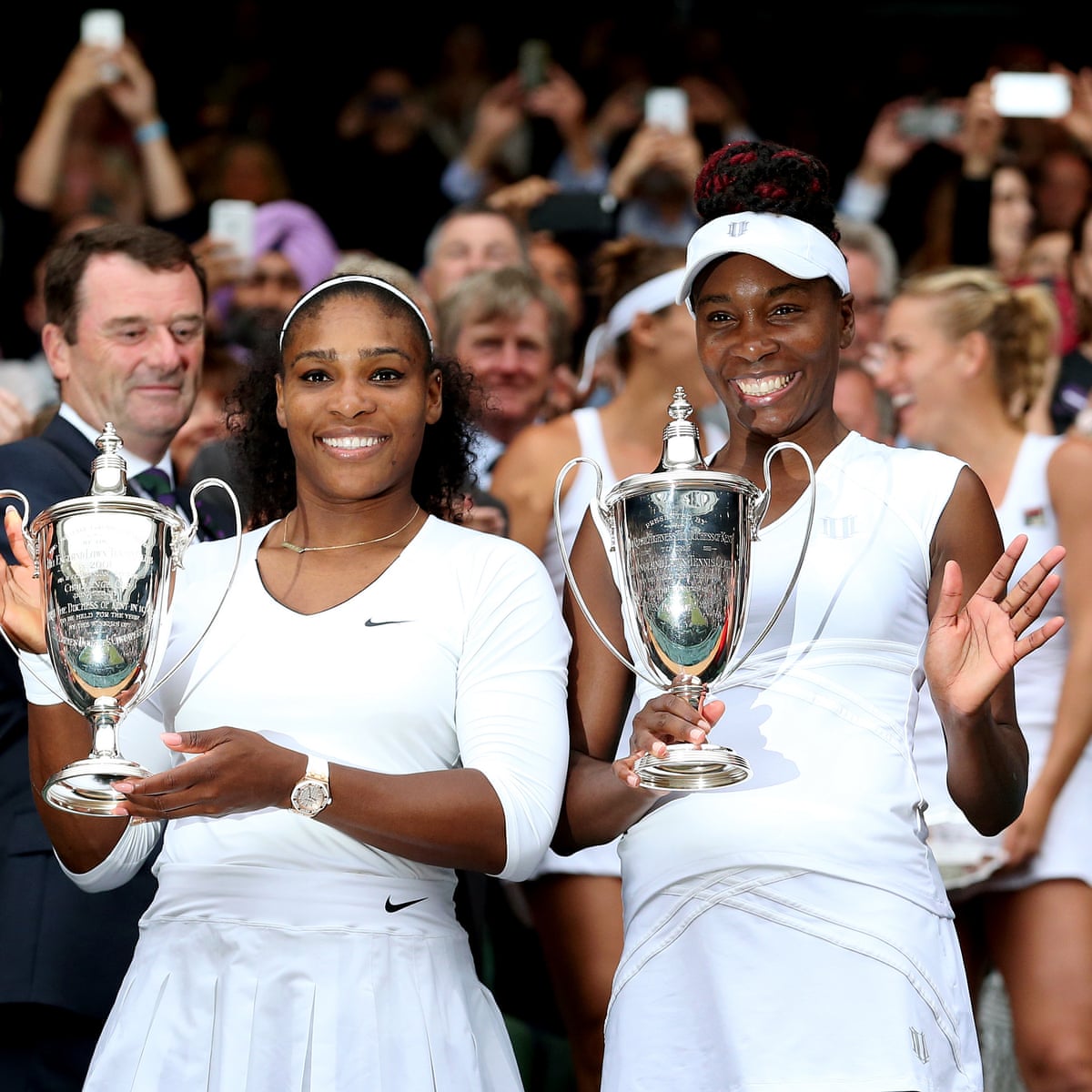
The 1999 Lipton Championships final in Miami marked the first time that Venus and Serena Williams faced each other in a title match. It also gave the world its first glimpse at the future of tennis. Sports Illustrated is opening up the SI Vault and examining its most consequential work about moments like this one that defined the most legendary athletes in sports through its new podcast, The Record.
In the second episode, host Jon Wertheim and correspondent Jamie Lisanti discuss the all-Williams affair in Miami in 1999, which was also one of the first tennis tournaments Wertheim covered during the beginning of his career. Wertheim reveals details from his on-the-ground reporting for his April 5, 1999 article on the match, titled, We Told You So, and the pair discusses the Williams sisters’ arrival, the significance of the moment and why their story is one of the most underrated in sports.
The following transcript has been lightly edited for clarity and length.
Jamie Lisanti: Why were people so cynical about how good Venus and Serena could become in tennis? Your article from 1999 was called, We Told You So. Why did people doubt them when they said that they would be the best? Both them and Richard said that they were going to be number one and number two and best players in women’s tennis.
Jon Wertheim: I think there were a few things going on. We can’t quantify it. We can’t really speak to it firsthand. There was always this issue of race that was hovering and bubbling beneath the surface. I think it’s naive to overlook that. I think remember by 1999 by this tournament, neither Venus nor Serena had won a major and they had gotten big endorsement contracts and they had been on 60 Minutes. They talked a big game and they had made some occasional marches in tournaments. But I think the tennis salon getting a little bit restless and it was sort of like, OK, we know about you. I mean, remember Venus’ breakthrough came at the end of 1994. By 1997, she was in the U.S. Open final. So here we were in 1999 and we all knew about the Williams sisters and they had had some nice wins, but they hadn’t proven themselves as big tournament players yet. So there was a little bit of restlessness there.
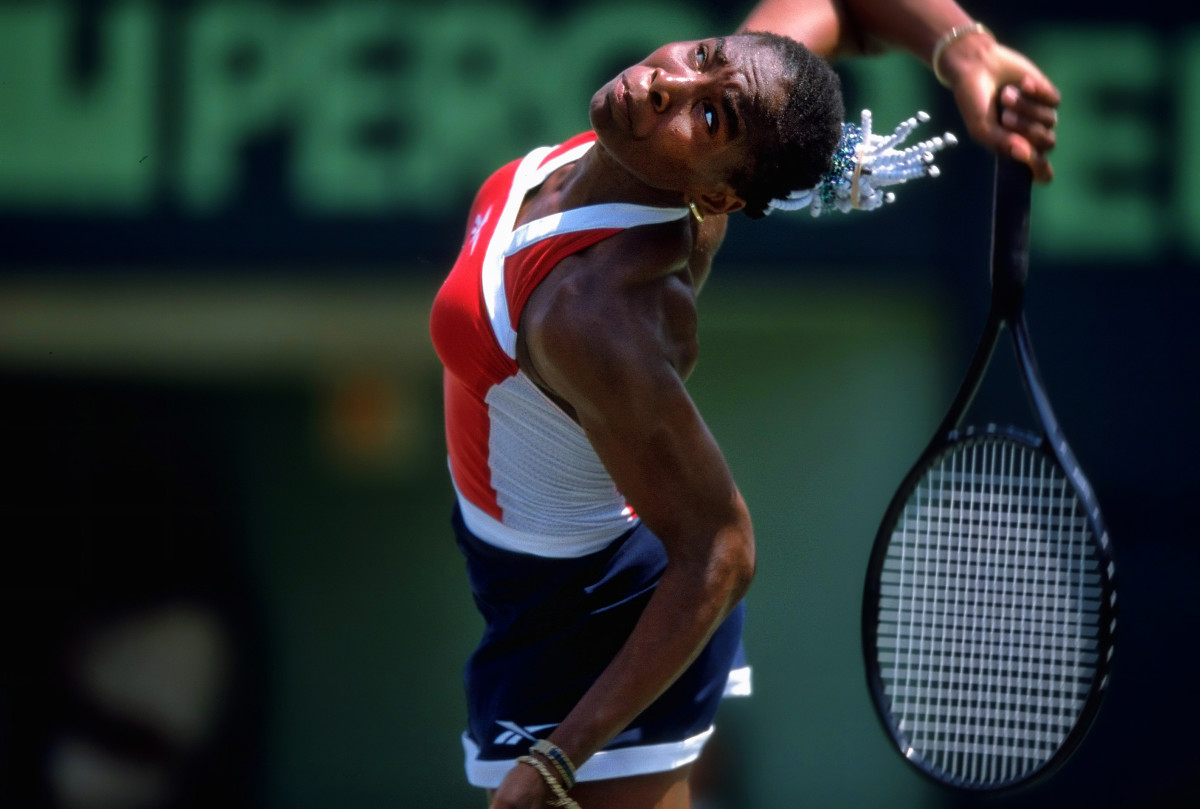
Bill Frakes/Sports Illustrated
And I also think you have to remember that quite apart from race in the backstory, you have to remember what they were representing, which was: here are two sisters who did it their way. Here are two sisters who rejected junior tennis. They rejected the American tennis institutions. They did not go to Nick Bollettieri’s Academy or one of these tennis hothouses. They absolutely did this their own way. It was firm, it was unapologetic. And I think there were a lot of people, I don’t want to say, rooting against them, but, essentially rooting against them. Not because they were flagrant racists, because they resented the fact that these two sisters thought they do better than the establishment. These two sisters were taking conventional wisdom and dumping it on its head. And I think there were a lot of people that were sort of ready to say, you know what, this is what happens when you don’t commit yourself 100% to tennis. This is what happens when you don’t play the juniors. This is what happens when you don’t go to one of these academies. And so I think that there was definitely some resistance there.
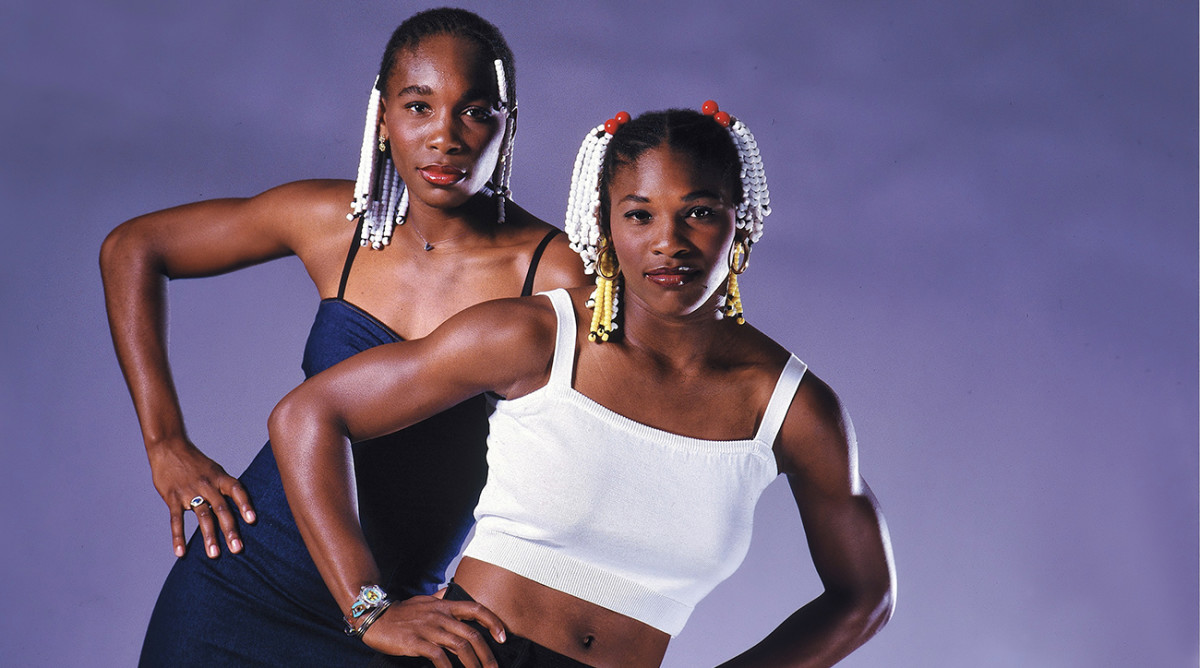
Bob Martin/Sports Illustrated
And this tournament, this 1999 Miami tournament was really, I think, a huge plot point in the Williams sisters’ story. They both got to the finals. It was the fifth major. They beat great players. They both played each other in the final. I think quite apart from the fact that they had really arrived at this tournament, I think there was also a sense of, holy s***, this is what tennis is going to look like for the next 10 years. It wasn’t just, oh, wow, this is a great story. You know, this is Villanova winning the NCAA tournament. I don’t think it was that. I think it was more these two sisters, are really head and shoulders above the field. And we better get used to that because like it or not, this is going to be the new normal, the sport.
JL: And obviously, Venus had sort of established herself a little bit more than Serena had at that point in 1999. But was there any indication or were there any signs that Serena was going to be the player she is today at that point in time?
JW: It was hard to tell because keep in mind how young they are at the time. I mean, they’re both teenagers and people were sort of getting restless with Venus. Well, Venus hadn’t turned 20 years old yet? I mean, Richard Williams said it and when he said it, everybody rolled their eyes. But there was this sense from the very beginning that Serena had this level—I want to be careful choosing my words here—but I would just say a level of persistence, a level of, I guess you could say aggression, a level of drive, of willingness to have a confrontation that Venus didn’t have and those, for better or worse, are qualities that serve you well in tennis.
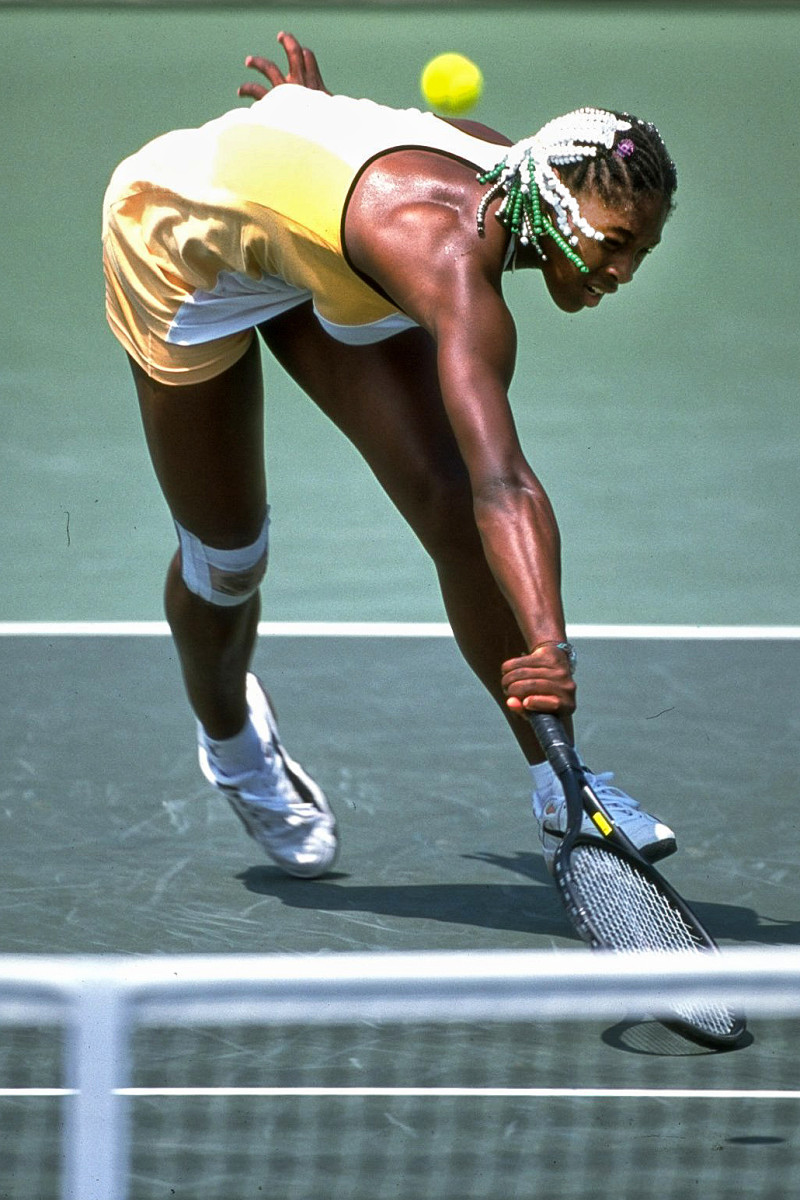
Bill Frakes/Sports Illustrated
So Richard’s quote initially when no one knew who Serena was, was: You think Venus is good? I got another one at home and she’s just as good. Plus, she’s meaner. By 1999, I think it was apparent that Serena had a certain edge to her. I think I wrote this once right around then: Serena has corners. Venus was sort of smoother and Serena had these edges. Remember, Serena was the first one to win a major. I mean, we were in Miami in March of 1999 by September of 1999, we had the official breakthrough, which is Serena winning the U.S. Open. Remember. Serena got there first. Serena, the younger sister, upended the natural order of things. Serena got to the Grand Slam pay dirt first. I think a lot of that was because of her constitution more than her tennis.
